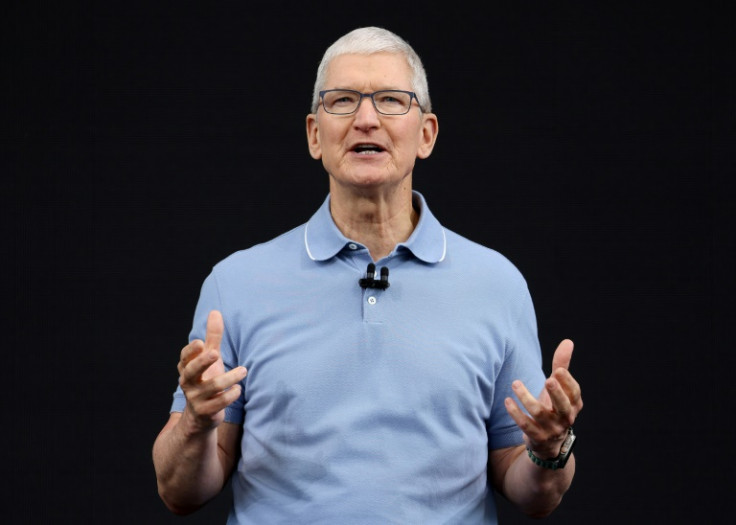
Apple has announced a delay in the launch of its new artificial intelligence (AI) features in Europe, attributing the postponement to stringent EU regulations that require the tech giant to ensure interoperability with rival products and services. This setback highlights the ongoing tensions between Apple and European regulatory bodies over compliance with digital market rules.
Last month, Apple introduced its latest operating system, iOS 18, which includes a host of advanced AI features. Chief Executive Tim Cook unveiled the new "Apple Intelligence" services in partnership with OpenAI, marking what he described as the company's "next big step" into the realm of generative AI. The new features, designed to enhance user experience, were set to debut on the iPhone 15 Pro, iPhone 15 Pro Max, and iPad and Mac models equipped with the M1 chip and later versions.
Key AI Features in iOS 18
The iOS 18 update promised a range of innovative AI functionalities, including:
- Improved Siri capabilities
- Summarisation tools for email, Keynotes, third-party apps, and more
- Advanced writing tools for rewriting, proofreading, and summarising text
- Apple Image Playground
- Genmoji
- Priority notifications
- AI-generated photo memory movies
- Enhanced search in videos
- AI-powered photo editing
- Image Wand in the Notes app
These features aim to integrate ChatGPT with Siri for web searches and content generation, as well as enable Phone Mirroring, SharePlay, and Screen Sharing.
Regulatory Setback in Europe
Despite the excitement surrounding these advancements, Apple has confirmed that the iOS 18 update will not be available in Europe until at least 2025. This delay is due to the company's ongoing compliance issues with the Digital Markets Act (DMA), the EU's primary legislative framework designed to ensure fairness and competition in the digital market.
The DMA mandates that major digital platforms share data with competitors and prohibits them from prioritising their services over those of rivals. Apple has been at odds with Brussels over these regulations, with the EU opening a probe in March to investigate whether the company continues to undermine competition.
Apple's Concerns and Response
Apple has voiced its objections to the DMA, arguing that the regulations compromise user privacy and data security by weakening the company's control over its software ecosystem. In an email statement, Apple expressed its concerns: "Specifically, we are concerned that the interoperability requirements of the DMA could force us to compromise the integrity of our products in ways that risk user privacy and data security."
The company has pledged to work with the European Commission to find a solution that allows it to offer these new features to European customers without compromising safety. "We are committed to collaborating with the European Commission to find a solution that would enable us to deliver these features to our EU customers without compromising their safety," Apple added.
Apple has repeatedly assured its users that its tools will maintain high privacy standards. In June, Tim Cook emphasised that the new features would be "grounded in your context like your routine, your relationships, your communications, and more."
Impact on the Tech Industry
Apple is not the only tech giant affected by the EU's stringent rules. Last month, Meta announced it would not launch its latest AI models in Europe due to pressure from data protection authorities. Meta's use of publicly available Instagram photos for AI training has also led to backlash from artists and content creators who are uncomfortable with this policy.
The European Commission has reaffirmed its stance on fair competition, stating: "The EU is an attractive market of 450 million potential users and has always been open for business for any company that wants to provide services in the European internal market. Gatekeepers are welcome to offer their services in Europe, provided that they comply with our rules aimed at ensuring fair competition."







